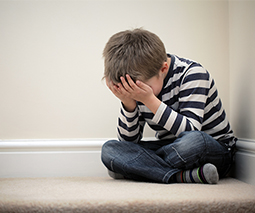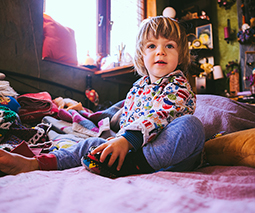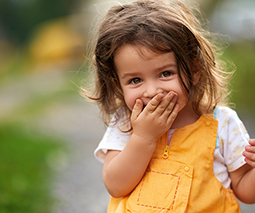9 surefire ways to raise kids who are kind and caring
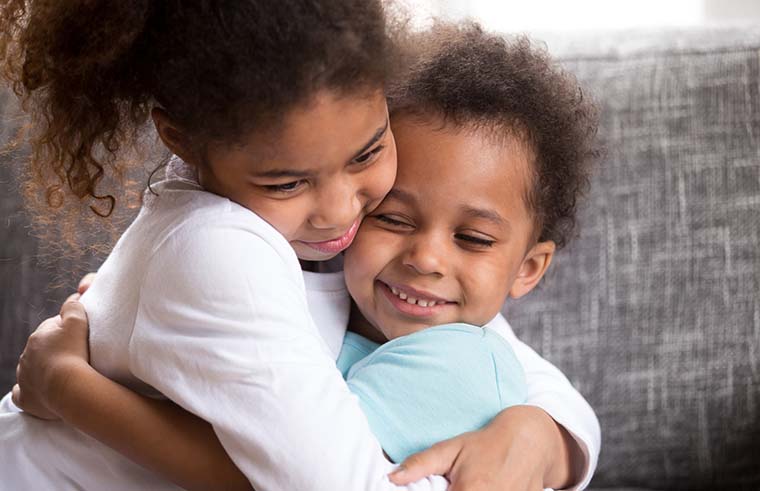
Leading by example is one of the best ways to instil kindness in children, but how do we make sure they independently continue to care about others when no one’s looking?
Here are nine tips and ideas, as guided by Harvard’s Making Caring Common project.
1. Encourage listening
When someone such as a friend or family member is upset, encourage your child to really listen to them and maybe even ask a question so they can understand what’s making the other person sad or angry.
2. Broaden their perspective
Rather than just focusing on their peers or others they’re in close contact with, talk to your child about other people they don’t usually interact with (such as a new neighbour or classmate), and get them to consider things from their point of view.
3. Think globally
When kids are really little, it might not be best to let them watch the news. However, you could discuss several global hardships with them and the different challenges and experiences of people living in other places around the world (such as children in developing countries who might not get to celebrate their birthdays).
4. Discuss your dilemmas
It’s always a good idea to use yourself as an example. If you experience an ethical dilemma at work or in daily life (perhaps you were meeting Grandma for lunch but then received a call from a friend who was sick and needed help), ask your child what they would have done if they were you. Talk about the pros and cons of different reactions to the situation.
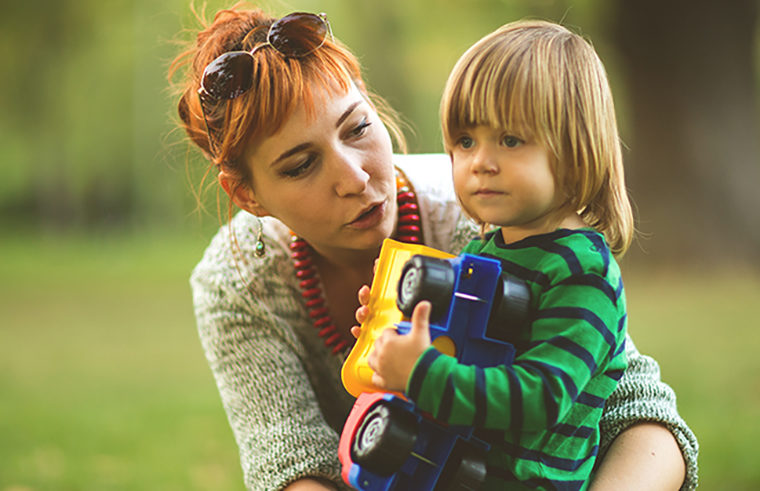
5. Ethics role-play
Bring ethical dilemmas to life with your child in a way they can directly relate to. Talk about what issues they might be facing personally. For example, perhaps your child has two friends who want to play with her exclusively at preschool which causes fights – and then come up with ideas or role-play different solutions to the problem.
6. Discuss conflicts
Talk about what, how and why a conflict may have come about for your child (or yourself) and encourage them to see the issue from the other person’s perspective. It’s never too early to introduce the concept of compromising – so they can learn how to create a balance between the needs of themselves and others.
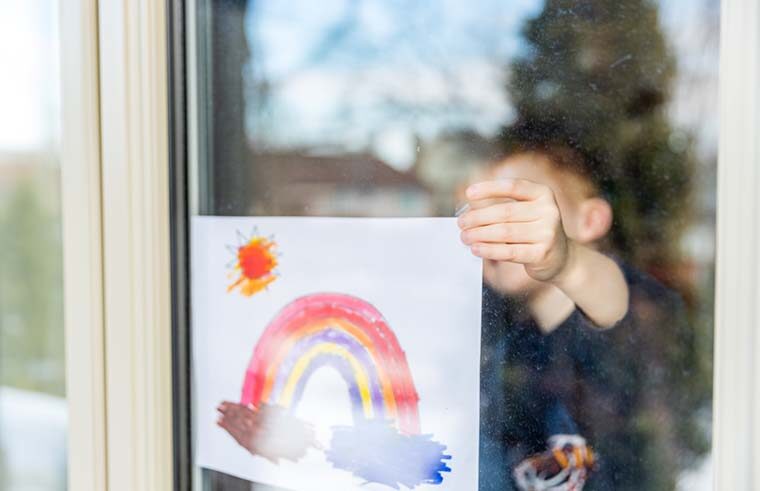
7. Inspire action
If there’s an issue which affects your child or their peers, encourage them to think about ways they could take action to educate, change or improve the situation – such as suggesting recycling or waste projects with their preschool teacher.
8. Encourage collaboration
It’s important to help your child distinguish the difference between ‘doing with’ others and ‘doing for’ others. Not only does it mean they won’t take on more than they can handle or be taken advantage of, but their actions will have more impact and meaning if they have ‘work-shopped’ it with others, plus other skills and benefits arise from teamwork too.
9. Be their model
Don’t just talk the talk, be that parent who shows their child what it’s like to care for others and take action in a communal way – for example, take them with you to volunteer at a food drive, or get them to help you sort out unwanted toys and clothes to donate to families in need. Because if they help you practise kindness in a considered way, that behaviour is much more likely to rub off on them.
 Need some support to be the best parent you can be? Our Parent School parent coaching experts can help. Click to find out more or book a one-on-one session.
Need some support to be the best parent you can be? Our Parent School parent coaching experts can help. Click to find out more or book a one-on-one session.

